Best Performance is always a competitive category at The Game Awards. Part of the reason for that is that games often come with two or three or occasionally dozens of good performances, and that can make it so much tougher to choose the best. So much so that last year, I was compelled to write about all the great performances that didn’t make the cut. There are still some great ones this year not included (like Richard Lintern as Igon in Shadow of the Erdtree), but this year’s selection conjures up a very different feeling.
One of my major problems with The Game Awards in general is that the scope of the audience can always be felt. There never seems to be much curation. More interesting games don’t have a chance because many of the jury members simply haven’t played them, and while a lot of the most popular games have earned that status through quality (Kristin Atherton, Hulkenberg, Metaphor: ReFantazio), it can get a little dull if it seems like games wind up in categories by default, simply because people were already voting for them elsewhere.
Best Performance Has A Wider Range Of Nominees This Year
However, this year it doesn’t feel that way with Best Performance. Only one of the nominees in Best Performance is from a game also nominated for GOTY, and even that’s in a supporting role as Briana White is recognised for their turn as Aerith in Final Fantasy 7 Rebirth. Instead, the category feels like a true celebration of performance in gaming (Kaiji Tang, Ichiban, Like a Dragon: Infinite Wealth), and hopefully this is a trend that continues going forward.
The Five Nominees For Best Performance At The Game Awards
As you may have noticed, I have no shortage of great performances that missed out on a nomination (Sunny Chen, Jiao, 1000xResist). But while there are names that I personally might have slotted in at the cost of someone else, I don’t feel like anyone has been hard done by. It’s rare that I find a nomination in this category completely undeserving – Idris Elba’s laboured appearance in Cyberpunk 2077: Phantom Liberty did not wow me – but in the past it has felt like some performances have had their thumb on the scales a little bit.
Obviously when we like games, we tend to like the performances within said games, especially in this photorealistic mocap age of gaming. I don’t think previous nominations have been false or unearned. But while there does tend to be a correlation between a game’s overall quality and the performances therein, lesser nominated games have not been featured in such significant numbers previously (Abubakar Salim, Zau, Tales of Kenzera: Zau). I’ve often felt like a split between Lead and Supporting would help, and mostly still do as I believe game actors deserve more of a spotlight, but this year is a good argument for why The Game Awards way works.
Best Performance Is Too Tough To Call
Games For Impact has had a similar change in fortune this year. Often for smaller games pushed off to the side, this year it has three nominees that also feature elsewhere. Two of those, Senua’s Saga: Hellblade 2 and Life is Strange: Double Exposure also feature in Best Performance, though Hellblade also has a nomination in Best Narrative (Rosie Jones, Lily, Stellar Blade). Games For Impact has ‘bigger’ games this year, and thus feels more legitimate. It’s a happy trend to see.
Best Performance was not in need of being legitimised, but it is nice to see what feels like a bit more thought go into the picks nonetheless (Em Humble, Florence, Thank Goodness You’re Here). As a result, it feels like a close race. All five are worthy of the award, and while White may have a leg up due to Final Fantasy 7 Rebirth’s reception, the fact all other nominees are the lead might work in their favour. I have Luke Roberts as Silent Hill 2’s James Sunderland as the front runner, and Life is Strange’s Hannah Telle as Max is my personal favourite, but it’s a very tight race.
In fact, it’s Telle’s nomination I find the most interesting. Double Exposure is only nominated in Games For Impact elsewhere, and that’s all it deserves. A decent enough game, it is the lowest rated Life is Strange game, and easily my least favourite (Gareth David-Lloyd, Solas, Dragon Age: The Veilguard). I don’t think it’s all that good, despite being a major fan of the series. But Telle is fantastic, and in other years I think the game’s rep might have counted against her. This year, she is judged individually, and thus gets the flowers she deserves.
Maybe this is all a result of 2024 not being much of a year for the record books (Asami Seto, Reina, Tekken 8). Though there have been some good games released this year, it’s significantly weaker than 2023, while 2025 also seems primed to deliver more consistent major launches. Maybe other sorts of games only had a chance because 2024 provided that opportunity, but I hope this trend continues. Best Performance is always one of the most entertaining categories, and it deserves to be more than Actors Who Were In The Best Games.
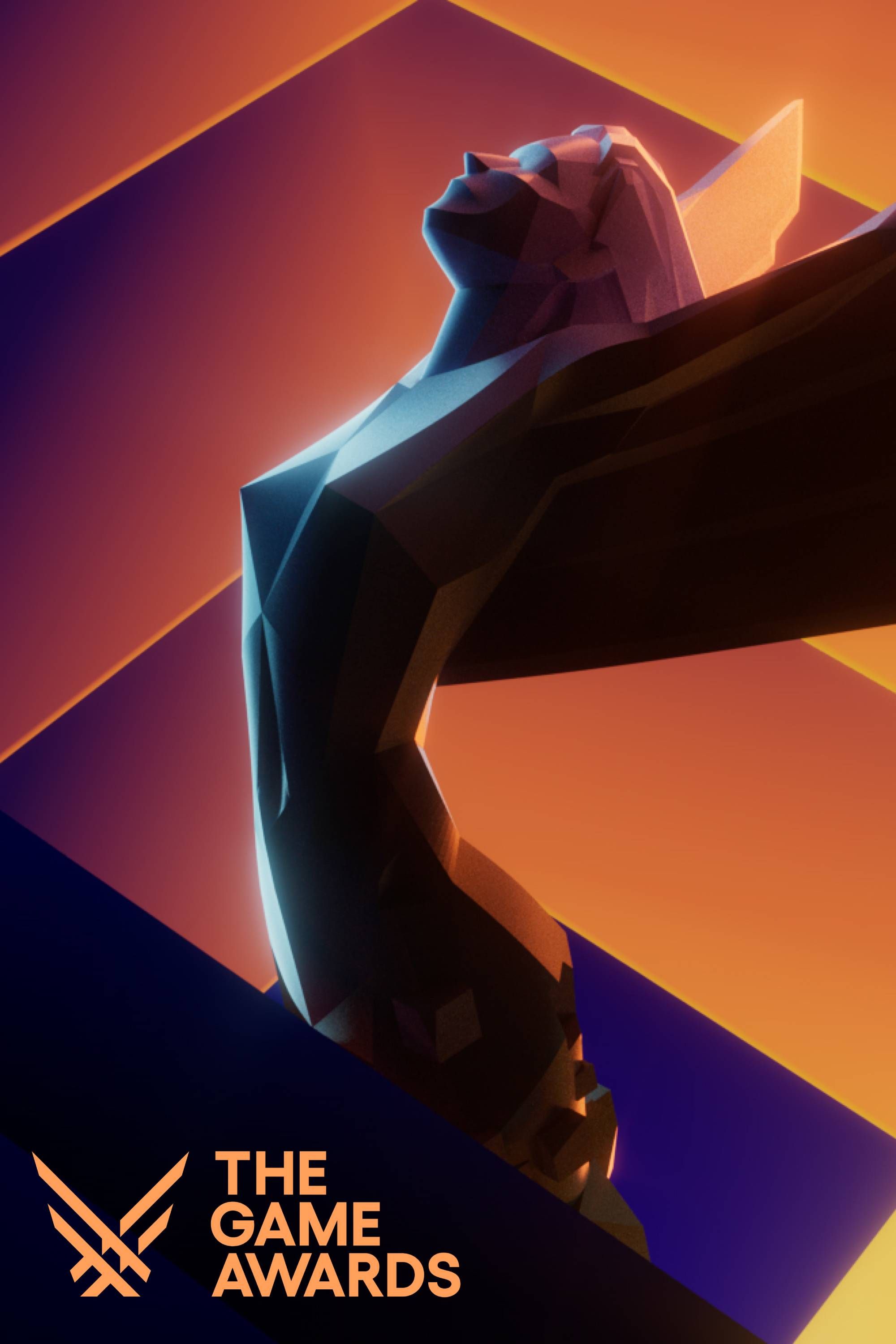
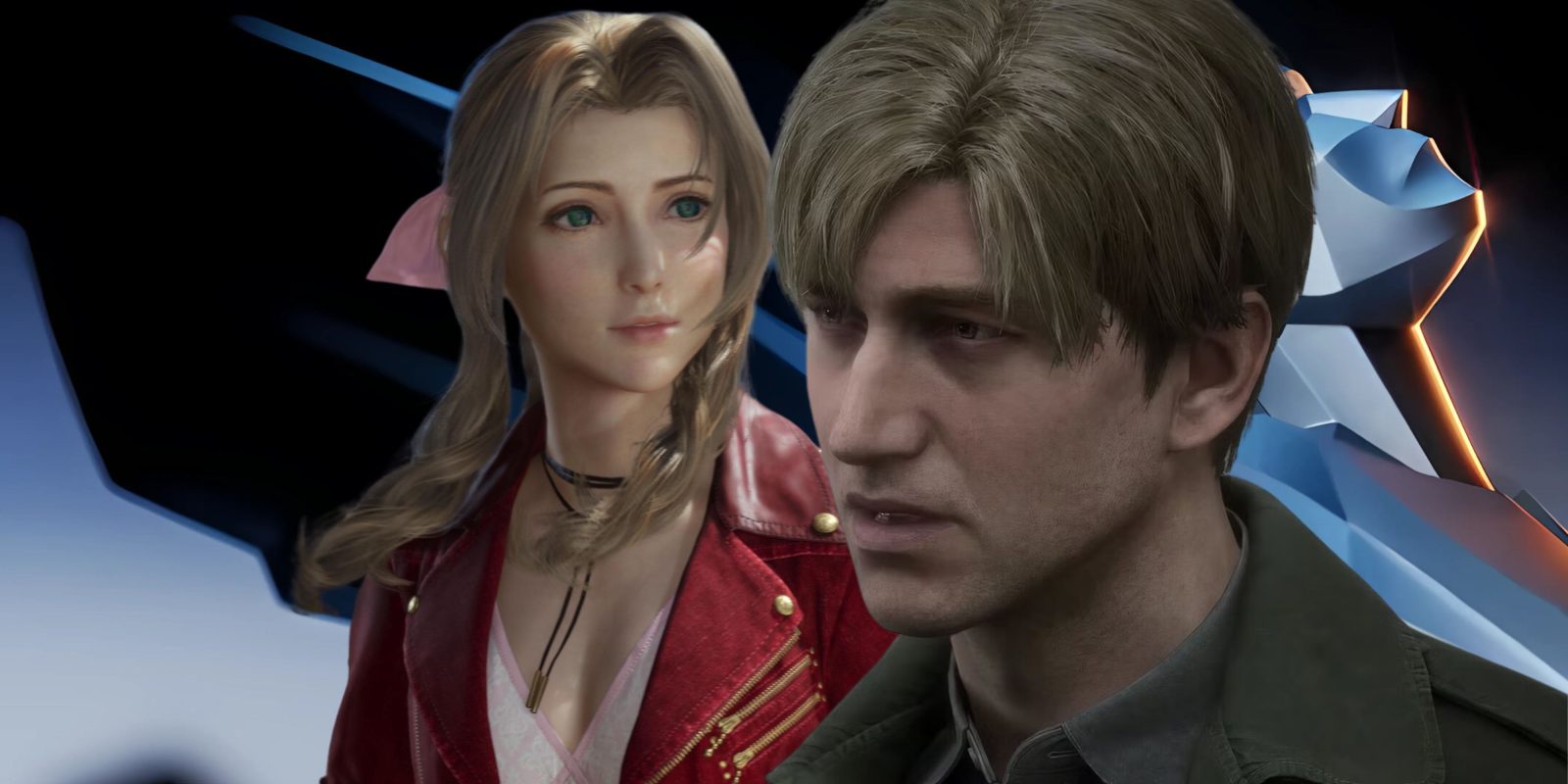
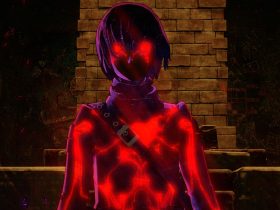
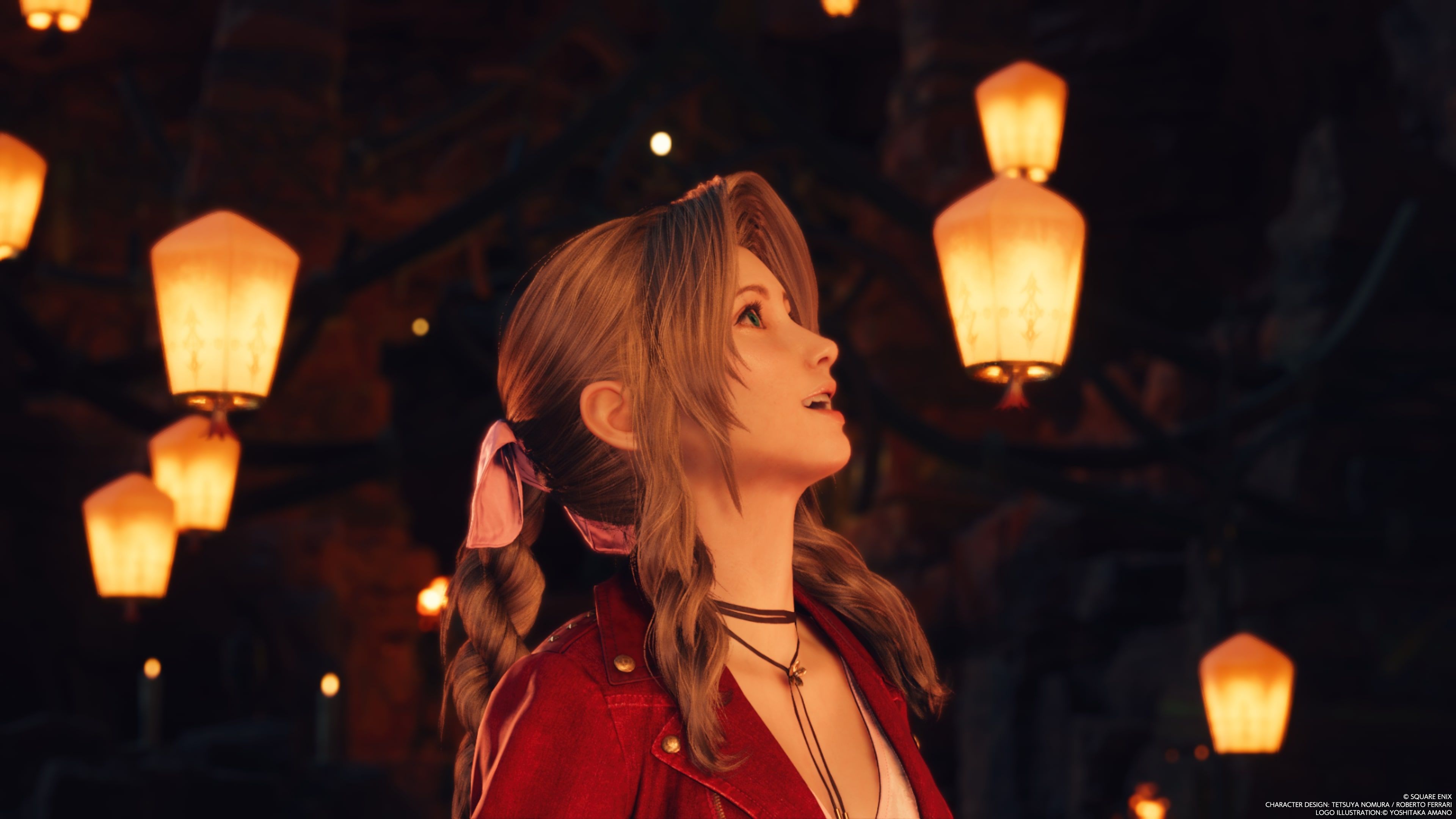
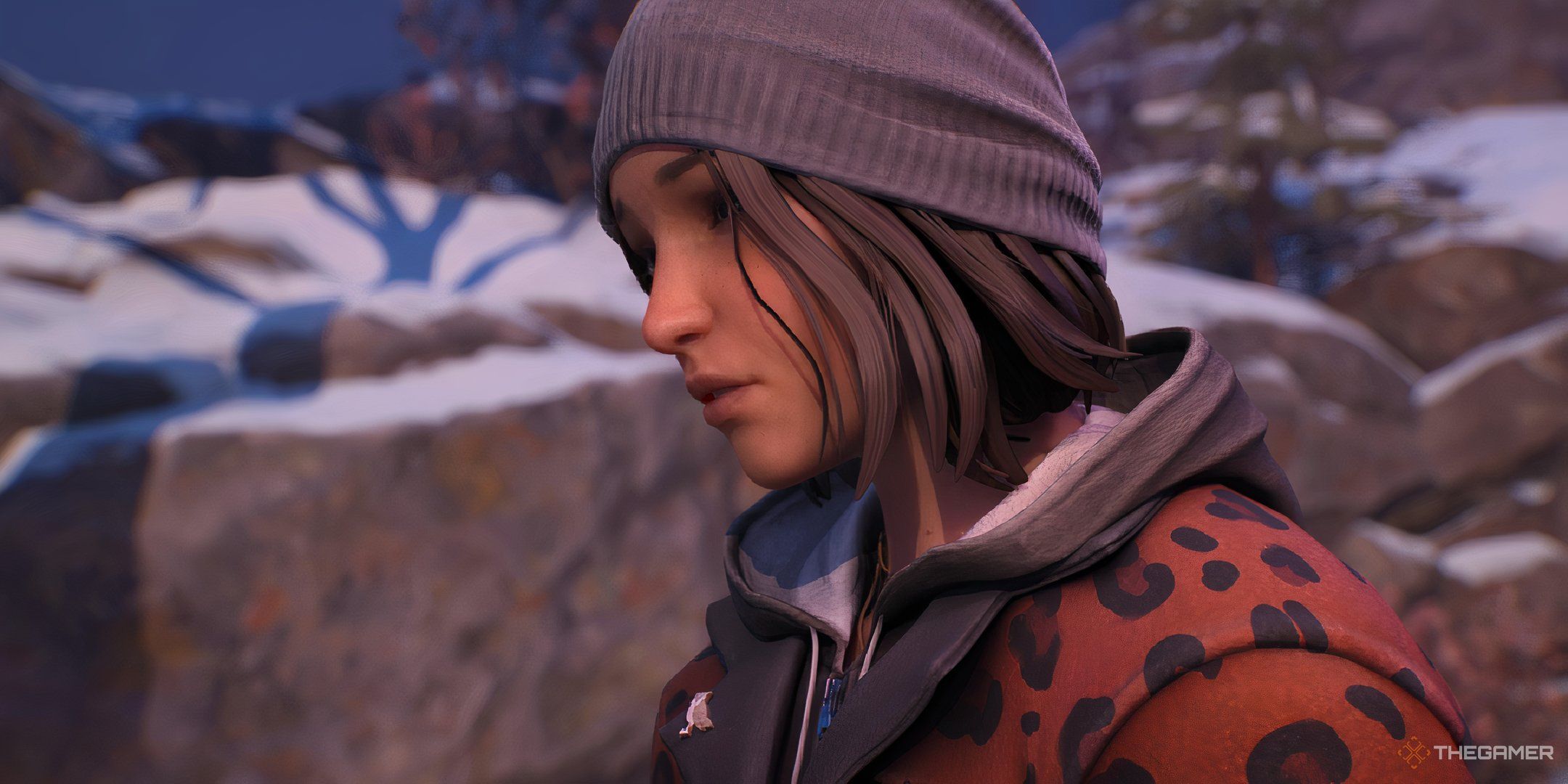

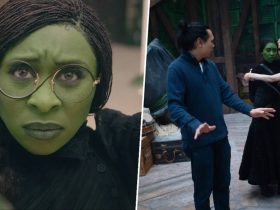


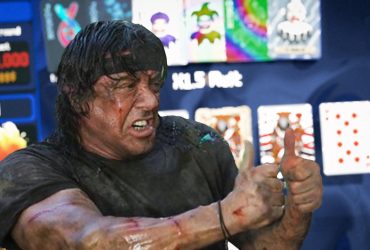

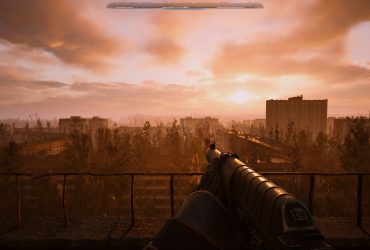
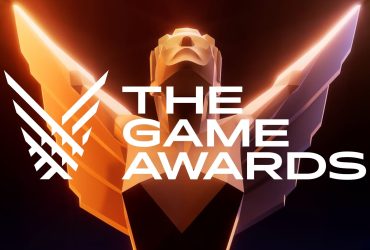
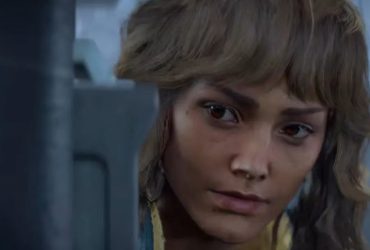

Leave a Reply